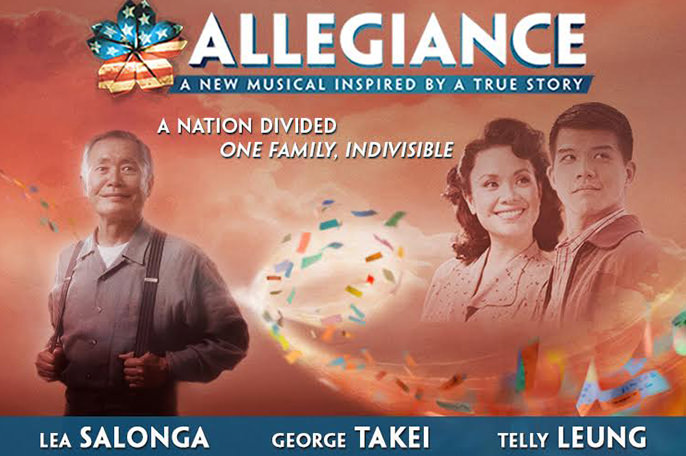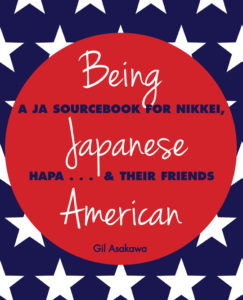Necessary cookies help make a website usable by enabling basic functions like page navigation and access to secure areas of the website. The website cannot function properly without these cookies.
We do not use cookies of this type.
Marketing cookies are used to track visitors across websites. The intention is to display ads that are relevant and engaging for the individual user and thereby more valuable for publishers and third party advertisers.
We do not use cookies of this type.
Analytics cookies help website owners to understand how visitors interact with websites by collecting and reporting information anonymously.
We do not use cookies of this type.
Preference cookies enable a website to remember information that changes the way the website behaves or looks, like your preferred language or the region that you are in.
We do not use cookies of this type.
Unclassified cookies are cookies that we are in the process of classifying, together with the providers of individual cookies.
We do not use cookies of this type.
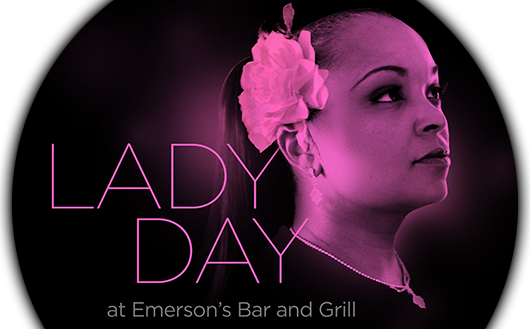 Erin and I attended the opening performance of "Lady Day at Emerson's Bar & Grill," a moving tribute to the tragic life of jazz singer Billie Holiday, who is remembered today for classic renditions of "God Bless the Child" and the stark song condemning the racist lynching of black men she first recorded in 1939, "Strange Fruit."
Holiday was one of the most influential singers ever, whose influence crossed over jazz and blues to folk, R&B, rock and pop music.
"Lady Day at Emerson's Bar & Grill" is set in a bar in Philadelphia just months before her death in July 1959 from heart failure caused by cirrhosis.
Erin and I attended the opening performance of "Lady Day at Emerson's Bar & Grill," a moving tribute to the tragic life of jazz singer Billie Holiday, who is remembered today for classic renditions of "God Bless the Child" and the stark song condemning the racist lynching of black men she first recorded in 1939, "Strange Fruit."
Holiday was one of the most influential singers ever, whose influence crossed over jazz and blues to folk, R&B, rock and pop music.
"Lady Day at Emerson's Bar & Grill" is set in a bar in Philadelphia just months before her death in July 1959 from heart failure caused by cirrhosis.




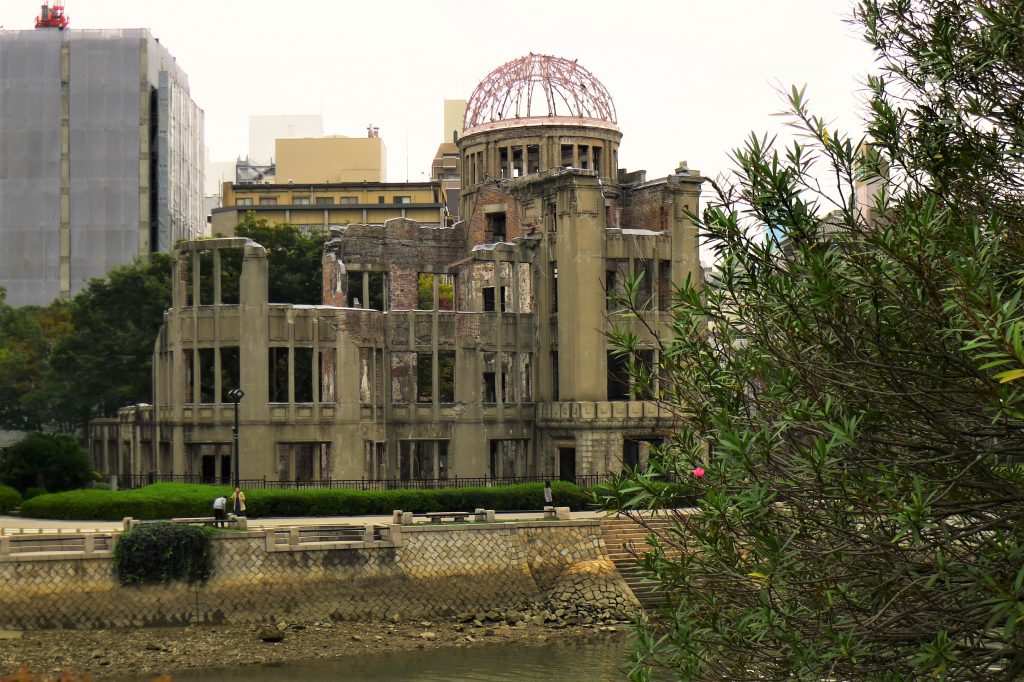 The skeletal dome that marks ground zero for the atomic bomb that deciated Hiroshima is now part of the city's Peace Memorial Park.
We live in tumultuous – and possibly perilous – times. Our government and society at large is more divided than I can remember, even during my childhood in the 1960s. Race and gender issues fill the headlines every day, and that’s just looking at domestic headlines. It’s not “fake news” to say that our country is struggling today, on a variety of levels on a variety of topics.
The skeletal dome that marks ground zero for the atomic bomb that deciated Hiroshima is now part of the city's Peace Memorial Park.
We live in tumultuous – and possibly perilous – times. Our government and society at large is more divided than I can remember, even during my childhood in the 1960s. Race and gender issues fill the headlines every day, and that’s just looking at domestic headlines. It’s not “fake news” to say that our country is struggling today, on a variety of levels on a variety of topics.
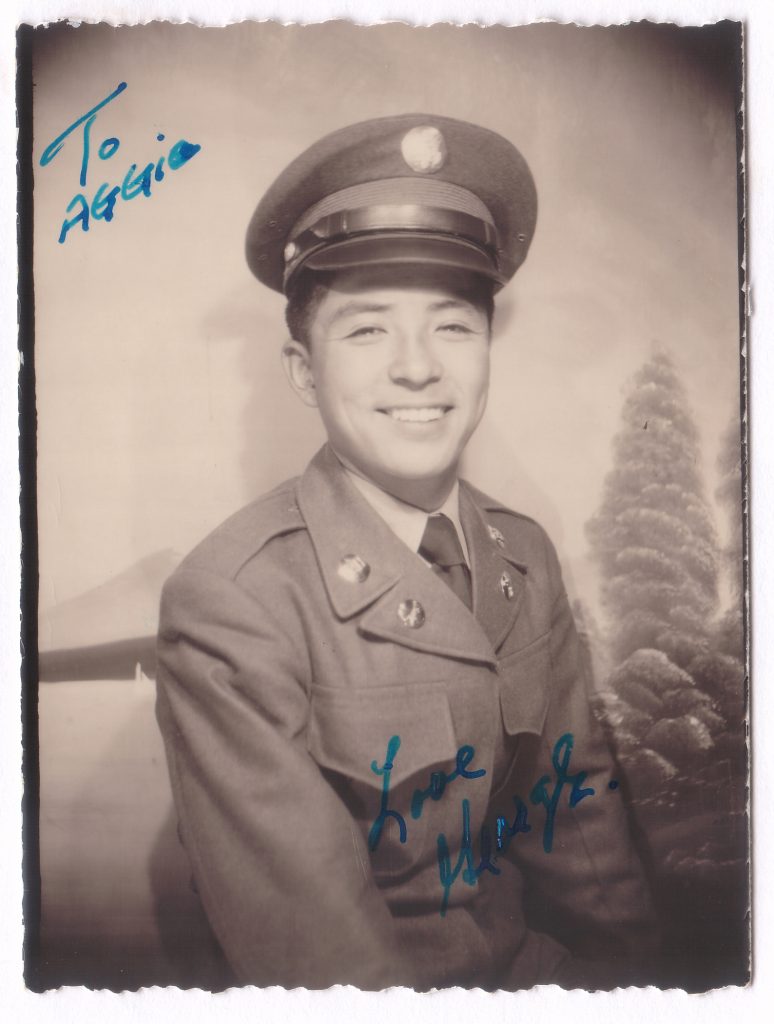 When the word “veterans” comes up in conversations within the Japanese American community, I suspect most of the time the image the word conjures is a picture of Nisei soldiers of the 100th Battalion/442nd Regimental Combat Team fighting during World War II.
When the word “veterans” comes up in conversations within the Japanese American community, I suspect most of the time the image the word conjures is a picture of Nisei soldiers of the 100th Battalion/442nd Regimental Combat Team fighting during World War II.
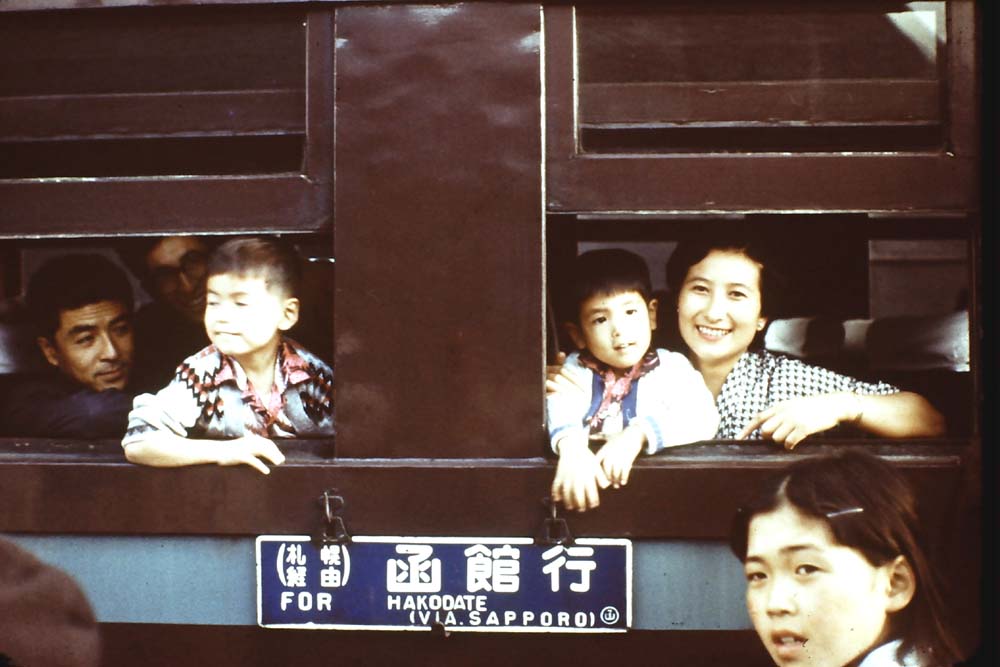 When I was a kid, I used to tell people who asked what generation I was, that I was “Ni-hansei,” or second-and-a-half. That’s because although my father was a Nisei born in Hawaii (technically a Kibei because his family moved to Japan in 1940 and he was stuck there during the war, but that’s another essay), I was born in Japan.
When I was a kid, I used to tell people who asked what generation I was, that I was “Ni-hansei,” or second-and-a-half. That’s because although my father was a Nisei born in Hawaii (technically a Kibei because his family moved to Japan in 1940 and he was stuck there during the war, but that’s another essay), I was born in Japan.
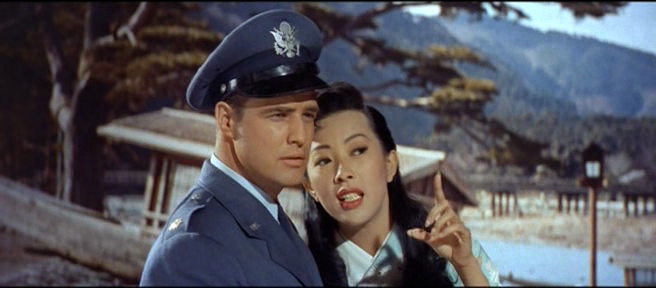 All the recent controversy over “whitewashing,” Hollywood’s habit of casting white people in Asian roles, got me thinking about how Japan has been portrayed in films over the years.
Because I was born in Japan, my earliest movie memories are chambara, or samurai (and especially ninja), movies that I watched in black and white on television. We didn't get to see many movies in theaters, but my mom used to take my brother and me to Disney features when they opened, riding the trains with us to the cinema. After we moved to the States, I treasured American films that were set in Japan. There haven’t been a whole lot but it’s interesting to see how Hollywood depictions have showed Americans’ stereotypes of Japan, and how that’s changed over the years.
Here are a few (Click the images to purchase the films):
All the recent controversy over “whitewashing,” Hollywood’s habit of casting white people in Asian roles, got me thinking about how Japan has been portrayed in films over the years.
Because I was born in Japan, my earliest movie memories are chambara, or samurai (and especially ninja), movies that I watched in black and white on television. We didn't get to see many movies in theaters, but my mom used to take my brother and me to Disney features when they opened, riding the trains with us to the cinema. After we moved to the States, I treasured American films that were set in Japan. There haven’t been a whole lot but it’s interesting to see how Hollywood depictions have showed Americans’ stereotypes of Japan, and how that’s changed over the years.
Here are a few (Click the images to purchase the films):

